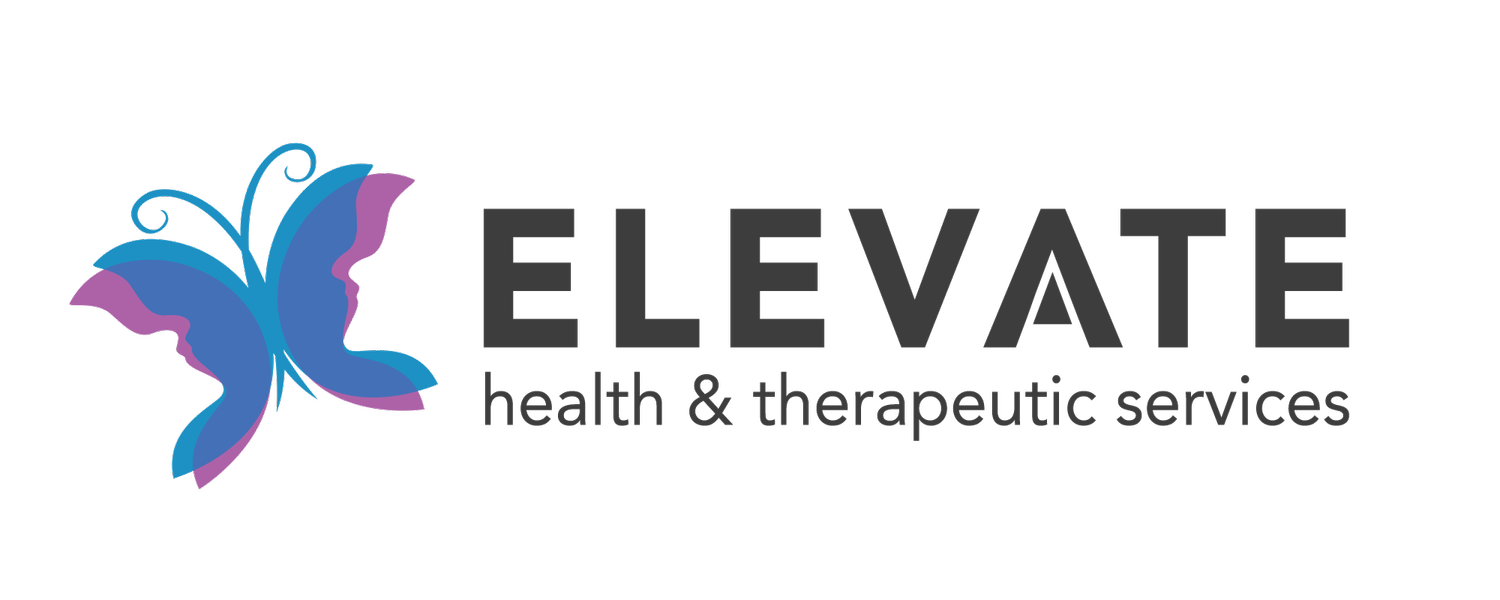Breaking the Silence: How Hearing Aids Restore Connection
Hearing loss is more than just a medical condition—it’s an experience that can deeply affect a person’s quality of life. One of the most common consequences of untreated hearing loss is social isolation. When communication becomes difficult, many people begin to withdraw from conversations, social gatherings, and even relationships. Over time, this isolation can contribute to feelings of loneliness, depression, and even cognitive decline.
As a Doctor of Audiology, my mission is to help patients understand that hearing aids are not simply amplifiers of sound—they are tools that support emotional well-being and social connection. Research consistently shows that hearing aids can:
Improve communication with loved ones, friends, and colleagues.
Reduce feelings of loneliness and isolation.
Support brain health, lowering the risk of cognitive decline associated with untreated hearing loss.
Enhance overall quality of life, increasing confidence and independence.
I learned the impact of communication firsthand during my graduate studies at Gallaudet University, a school dedicated to serving the deaf community. As a hearing individual still learning sign language, I experienced the challenge of navigating a world without clear communication. I often avoided social interactions and felt a sense of disconnection. That experience gave me empathy for my patients who live with hearing loss every day.
For many, the decision to try hearing aids can feel daunting. But I want my patients to know that these devices can open doors to connection, joy, and participation in the world around them. Treating hearing loss isn’t just about restoring sound—it’s about restoring life.
Did you schedule your annual hearing exam yet? Staying proactive about your hearing health is one of the best steps you can take to protect your overall well-being.
Written by Michele, Audiologist at Elevate Health
For More Information
For more information about audio, speech, occupational therapy, AAC, ABA, or feeding services, contact Elevate Health & Therapeutic Services at (856) 492-1355, or email us at info@elevatehealthnj.com. Visit our social media for fun insights about our clinic below!
